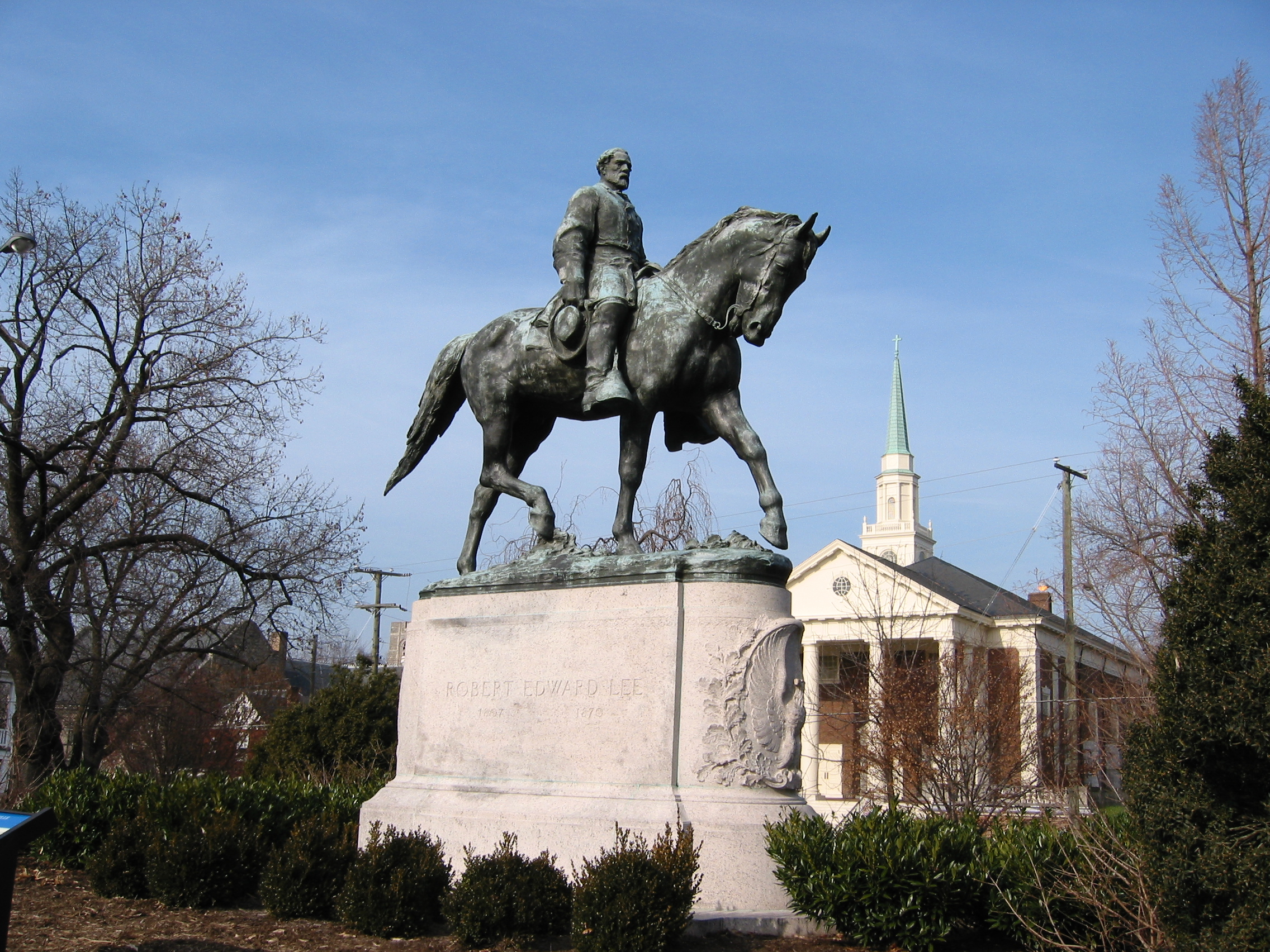- Law & Policy
Nearly everyone has experiences that contradict the children’s rhyme “sticks and stones may break my bones, but words will never hurt me.” Words can be painful. And that is particularly true in the age of social media, when a viral tweet or insensitive post can hurt feelings and damage reputations.
Despite this reality, the United States maintains a strong legal and cultural tradition of free speech. While many Americans take it for granted, the tradition is far from universal. Many developed nations restrict speech that is deemed hurtful or offensive. And in the United States, there is increasing sentiment that some speech is not worth protecting.
Is it time to reconsider the nation’s free-speech orthodoxy?
Part 1: What is freedom of speech?
The First Amendment of the Constitution says:
Congress shall make no law respecting an establishment of religion, or prohibiting the free exercise thereof; or abridging the freedom of speech, or of the press; or the right of the people peaceably to assemble, and to petition the Government for a redress of grievances.
At its core, the Constitution’s robust protections for speech are intended to preserve and protect liberty. Hoover Institution senior fellow Peter Berkowitz highlights how the First Amendment connects freedom of speech with liberty:
Its position in the text of the First Amendment symbolizes free speech’s indissoluble connection to religious and political liberty. One can neither worship (or decline to worship) God in accordance with one’s conscience, nor persuade and be persuaded by fellow citizens, if government dictates orthodox opinions and punishes the departure from them. Indeed, the more authorities—whether formally through the exercise of government power, or informally through social intolerance—prescribe a single correct view and demonize others, the more citizens lose the ability to form responsible judgments and defend the many other freedoms that undergird human dignity and self-government.
 Indispensable Free Speech |
Freedom of speech protects your right to say things that are disagreeable. It gives you—and everyone else—the right to criticize government policies and actions.
Part 2: What isn’t protected?
It sounds straightforward, “Congress shall make no law . . . abridging the freedom of speech,” but the First Amendment isn’t absolute. Hoover Institution senior fellow Richard Epstein offers a framework for how to think about free speech and its limits:
The First Amendment clearly covers the spoken word, written pamphlets, and books. By analogy, it also reaches other expressive activities like drawing, dancing, and acting. But no one could claim that it also protects mayhem, murder, defamation, and deceit. The only way to draw the right line—that between expression and violence—is to recognize that the First Amendment is as much about freedom as it is about speech. The necessary theory of freedom applies equally to all forms of speech and action, and it draws the line at the threat or use of force, even if the former counts as speech and the latter does not.
|
by Richard Epstein via Defining Ideas When it comes to free speech, the Constitution speaks in broad generalities that start the conversation off in the right direction, but which, standing alone, do not fill in all the missing pieces in a complex puzzle. But the incompleteness of the text raises two difficult questions. First, just what kinds of activities enjoy this constitutional protection? And what justifies limits on that constitutional freedom?
|
As the video below explains, the general principle of the nation’s free-speech rules is that your speech is protected so long as it doesn’t harm others.
But this raises the question: what should count as a harm? In our legal system there are well-defined examples where speech is not protected, because it hurts someone. You can’t lie about someone to harm their reputation. That’s called defamation. You can’t misrepresent the truth to people for your own gains. That’s fraud. And the First Amendment doesn’t permit you to advocate for the immediate use of force against someone else.
But there are other times when speech is protected even when someone may claim to be harmed. Mean or hateful words that may be true or a matter of opinion are generally protected by the First Amendment, even if they offend someone. You may think that is wrong. And there are plenty of countries that agree with you. Many countries have enacted strong hate-speech laws that prohibit derogatory remarks about a person’s race or religion. Peter Berkowitz summarizes new restrictive speech laws recently enacted by other nations:
In 2017, Germany enacted a law that obliges social media networks to be more “diligent in policing ‘hate speech’ on their platforms.” The next year, France adopted a similar law. A substantial plurality of British voters in 2018 believed that people do not feel free to express their opinions on “important issues.”
But there is a danger to these rules. As the video below highlights, enacting laws that ban offensive speech mean that “the people who disagree with you the most would have the most control over what you’re allowed to say.”
In an interview with Tunku Varadarajan, Richard Epstein explains the consequences of laws that ban offensive speech: “Everybody offends everybody a large fraction of the time. So, if I am insulting to you because you’re a progressive and you’re insulting to me because I’m a conservative, and if we allow both people to sue, then neither can talk.” The end result is that debate and free expression are stifled.
 Free Speech Doesn’t Need “Rethinking” |
Part 3: What about private restrictions on speech?
The First Amendment constrains the federal government from infringing on most speech, and the Fourteenth Amendment extended these constraints to state and local governments. But the First Amendment’s protections don’t apply to the personal and private interactions of people or businesses. If people disagree with you, they are free to stop listening. And companies are generally free to stop doing business with people with whom they disagree. Nor is anyone obligated to provide a forum for anyone else’s speech. Richard Epstein explains:
Freedom of speech means that you have the right to use your own resources to advance your own causes. But it doesn’t give you, in the name of free speech, the right to take somebody’s telephone, somebody’s house, or somebody’s anything in order to use it for your own purposes.
But while private actors are not bound by the First Amendment, many private institutions have thrived because they have embraced a culture of free speech. For example, private universities have historically maintained broad academic freedoms for its faculty and students that allow for robust dissent on campuses. Recently, however, some universities have adopted policies that take a narrower view of what is acceptable speech. Here’s Peter Berkowitz:
At universities, America’s founding promise of individual freedom and equality under law is often treated as irredeemably tainted by racism and sexism, colonialism and imperialism. In some cases, free speech is placed on the list of “incorrect phrases” that ought not be uttered, because it belongs among the “impure thoughts” of which minds must be cleansed.
Berkowitz notes, “Ninety percent of American universities censor speech or maintain policies that could authorize administrators to engage in censorship.” These rules are well intentioned. They are intended to promote a safe and welcoming environment for students and faculty. But a rejection of free speech has significant costs.
Part 4: What are the benefits of free speech?
Without protections for speech—particularly for disagreeable speech—our liberties are more easily threatened. But free speech is important even beyond its value to our liberty. The free exchange of ideas—even ones that are disagreeable—is key to future prosperity. Hoover Institution research fellow Ayaan Hirsi Ali explains why:
Societies since the Enlightenment have progressed because of their willingness to question sacred cows, to foster critical thinking and rational debate. Societies that blindly respect old hierarchies and established ways of thinking, that privilege traditional norms and cower from giving offense, have not produced the same intellectual dynamism as Western civilization. Innovation and progress happened precisely in those places where perceived “offense” and “hurt feelings” were not regarded as sufficient to stifle critical thinking.
|
by Ayaan Hirsi Ali via Defining Ideas No matter how evil, all speech is protected by the Constitution. By allowing groups to express themselves out in the open, we can clearly see what they are saying, and, if we disagree, counter it.
|
Diversity of thought isn’t just a matter of freedom; it is also an important ingredient to progress. When society discourages dissent or governments dictate the bounds of acceptable opinions, there is less innovation, and incorrect yet popular ideas go unchallenged. Economist Milton Friedman explains how diversity and freedom of all types are integral to a thriving society in this video:
Part 5: How do we preserve freedom of speech?
Preserving our liberties and ensuring a vibrant, innovative society requires free speech. Well-intentioned efforts to protect people from speech that offends is thus a threat to our free and prosperous society. What steps can we take to ensure free speech remains a cherished value for future generations?
Hoover Institution research fellow David Davenport makes a case for reprioritizing civic education in US schools. Testing reveals that a shrinking number of students are knowledgeable about US history. Increased funding and improved curriculum for civic education will ensure that future generations understand and appreciate the nation’s tradition of free speech.
 The Civic Education Crisis |
Higher education also has a role to play. Public universities are generally bound by the First Amendment, but all universities—public and private—should remember the value academic freedom brings to campuses and to all of society. As Richard Epstein argues:
The First Amendment prohibition does not allow one person to commandeer the property of another for his own purposes. But in terms of their roles in society, there is a critical difference between a university and a private business: Universities have as their central mission the discovery and promotion of knowledge across all different areas of human life.
 Mob Censorship On Campus |
Part 6: Conclusion
All too often, support for free speech depends on who is talking and what is being said. Partisanship too frequently shapes our view of just how expansive the First Amendment should be. But we should remember how the nation’s strong tradition of free speech has helped protect the freedoms of all Americans. It has empowered citizens to speak against and undo unjust laws. And it has helped create a vibrant, diverse economy with widespread prosperity.
Does this mean there is nothing we can do about speech we find disagreeable or offensive? Certainly not. As the video above explains: “The way to respond to offensive speech isn’t to use force—it’s to counter with persuasive speech of your own.”
Citations and Further Reading
In his essay Rewriting the First Amendment, Richard Epstein explains the dangers of a proposed constitutional amendment to restrict spending for political speech.
In an interview on Uncommon Knowledge, Ayaan Hirsi Ali emphasizes the importance of free speech in addressing the nation’s racial inequalities.
To view the original article, click here.

















